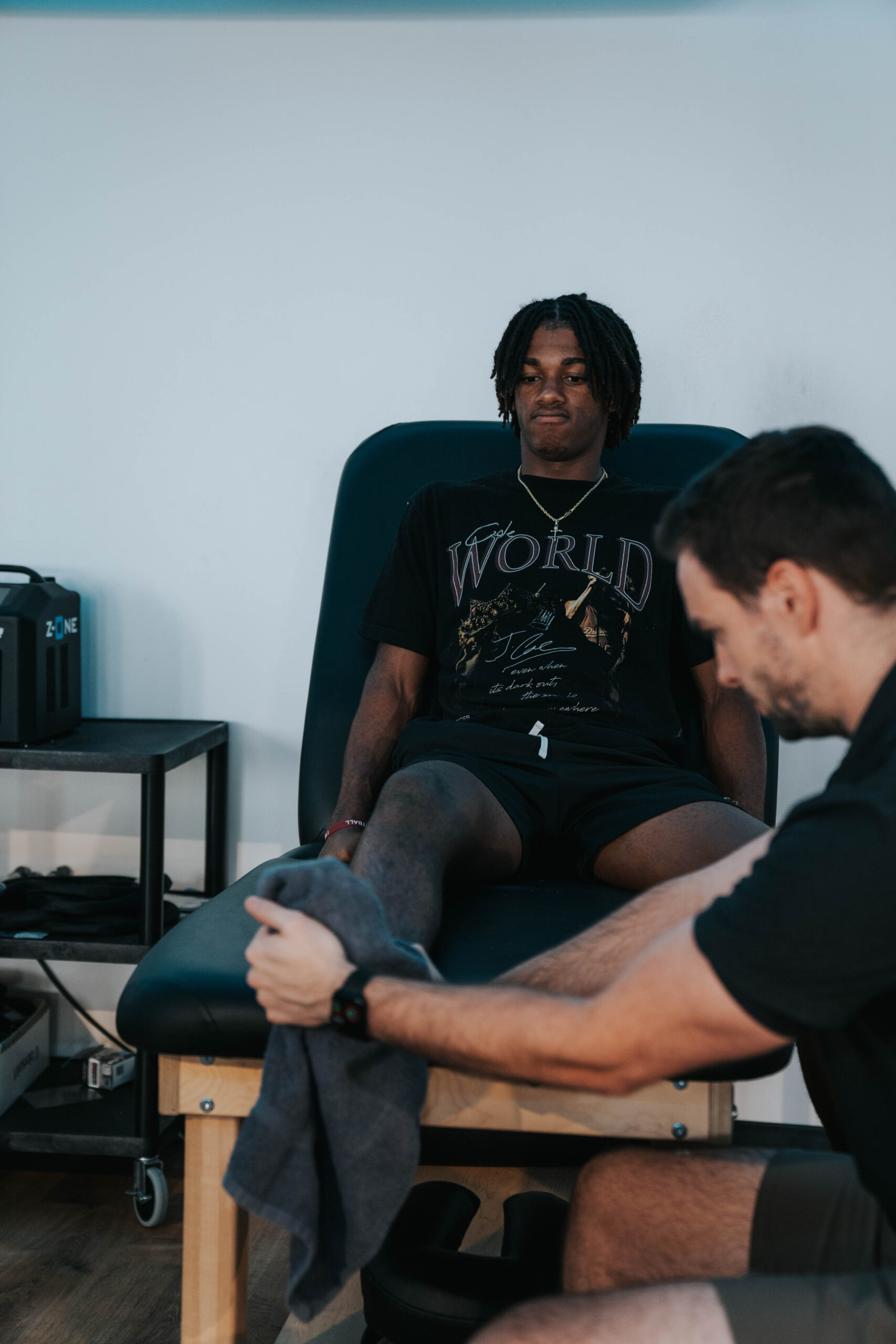An injury can be a challenging thing for any athlete to deal with. Whether it’s a torn ACL or MCL, a torn rotator cuff, or another hurt muscle, bone, or ligament—injuries in sports deserve a great rehabilitation plan. Your best way to get on the road to healing is to work with a trained physical therapist. If you’ve suffered an injury, one of the steps to take to begin the recovery process is to work with a physical therapist. But what if you could address and avoid potential injuries before they happen? Physical therapists can perform injury assessments, which will help to both evaluate issues and come up with a set of solutions to help athletes perform their best. Read on to learn more about what a physical therapist will do during an injury assessment.
Understand where you’re coming from. Physical therapists know that athletes come with plenty of medical history. During an injury assessment, a physical therapist may inquire about any past injuries, surgeries, or other pertinent medical conditions. Gathering information about an athlete’s medical history can help them to better understand your condition. Going over medical history can help to get a sense of whether there are any underlying causes that may make you prone to injury as well.
Go over your symptoms. Much like the protocol at a doctor’s office, a visit to a physical therapist for an injury assessment will have you reviewing any symptoms you may be experiencing. Consider discussing and disclosing symptoms you’ve had such as stiffness, swelling, pain, or other issues. Another thing to discuss is how any symptoms you may have affect your daily life and sports performance.
Walk it out. Even if you don’t necessarily have a leg or foot injury, your physical therapist may want to observe the way you stand, how you hold your posture, and how you walk. Observing these things can help the physical therapist to note any abnormalities such as muscle imbalances, misalignment of the joints, or abnormal movement patterns.
Feel for issues. Physical therapists are truly hands on healers. Part of an injury assessment may involve a physical therapist palpating your muscles and joints. This examination can help check for tenderness, swelling, pain, or other muscle issues. This can also be helpful in assessing an athlete’s range of motion and flexibility. In order to examine even further, physical therapists may do different tests to check how your muscles and joints are functioning, including resistance or reflex exercises.
Check your balance. During an injury assessment, evaluating an athlete’s balance is key. A physical therapist may have an athlete try balancing on one leg or do other coordination exercises.
Find your strength. Measuring strength, endurance, and rate of force development can be important parts of an injury assessment. Your physical therapist may work with you to see what your injury allows or doesn’t allow when it comes to strength exercises; this can help to determine how you will proceed with your healing routine of exercises.
Know your limits. Having an injury can mean that you have some functional limitations during your daily activities or when you play your sport. A physical therapist can help you to evaluate these limitations, and then make an informed treatment plan that is tailored to your needs and goals.
Learn more. Ideally, a physical therapist will spend some time during an injury assessment giving you important information about your injury, prognosis, and treatment. Be sure to ask questions if you have any.
Stick to the plan. A good physical therapist will create a personalized treatment plan for you. Some specific exercises may include different warm ups and cool downs as well as stretches, strength moves, and different kinds of manual therapy.
Make progress. It is important to monitor your progress throughout your training and conditioning. A physical therapist should help with tracking your progress throughout your treatment so that you can achieve your goals.
ROI has a fantastic physical therapy team. The one-on-one rehabilitation services at ROI are run by a team of physical therapists who specialize in sports and orthopedic injuries. ROI aims at using an integrated approach that involves not only physical therapists, but insight from a team that includes exercise physiologists, strength and conditioning coaches, and registered dietitians. The goal of the sports therapy team at ROI is to help athletes to move better in sports as well as in everyday life.
Trust ROI with your injury assessment. Through our sports therapy program, athletes are assessed before creating a tailored treatment program. Sports therapy can help with preventing future injuries and boosting performance during and after the recovery process. Sports injury risk assessment at ROI is for non-injured athletes who want to learn more about their risk factors and to prevent injuries. It’s ideal to identify movement dysfunction and limitations before they become an issue.
Get back in the game with ROI. The great facilities and experienced team of experts at ROI combine the best qualities of sports medicine, physical therapy, and sports therapy. We aim to help athletes achieve ideal results efficiently. Reach out to ROI at 512-962-9141.

